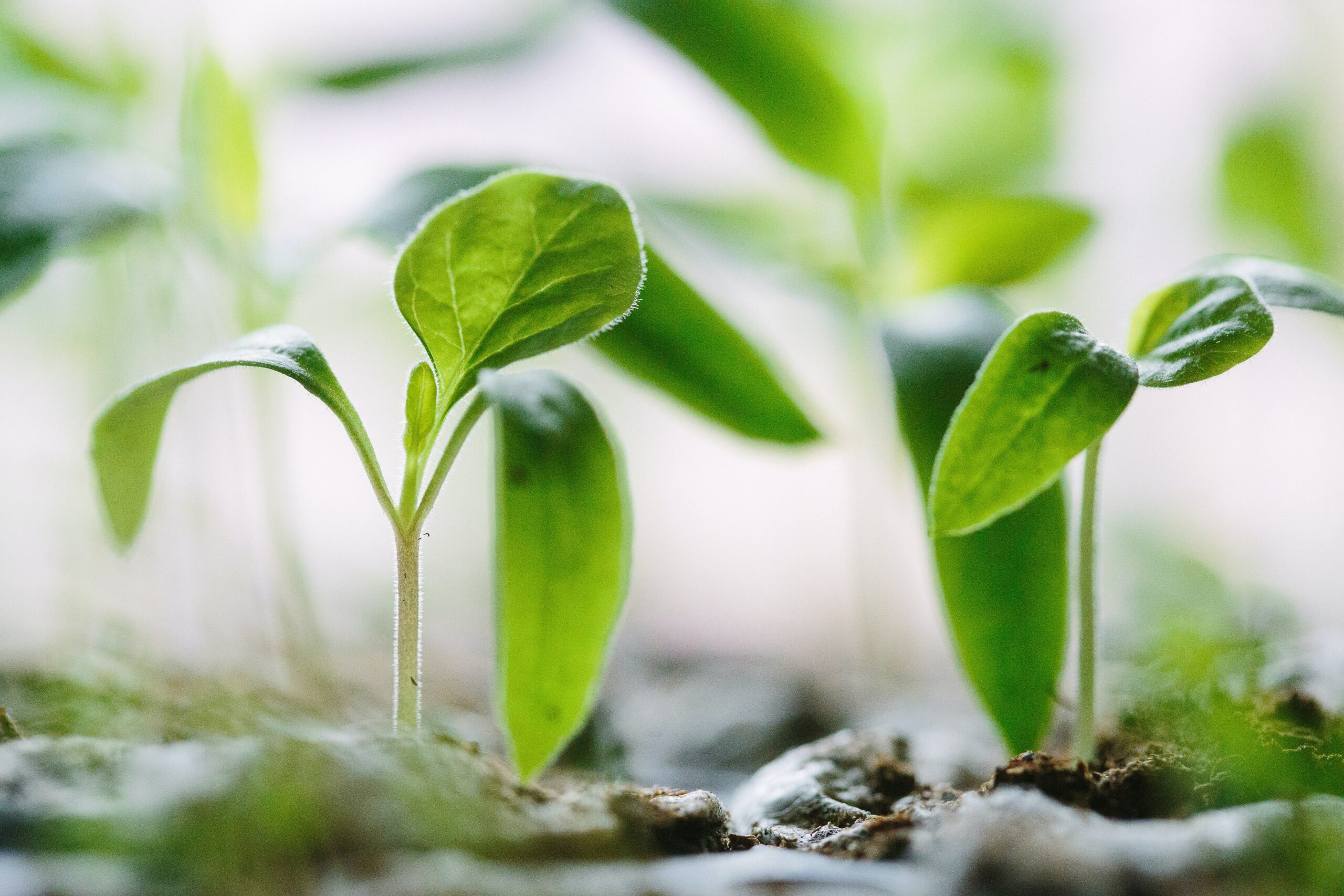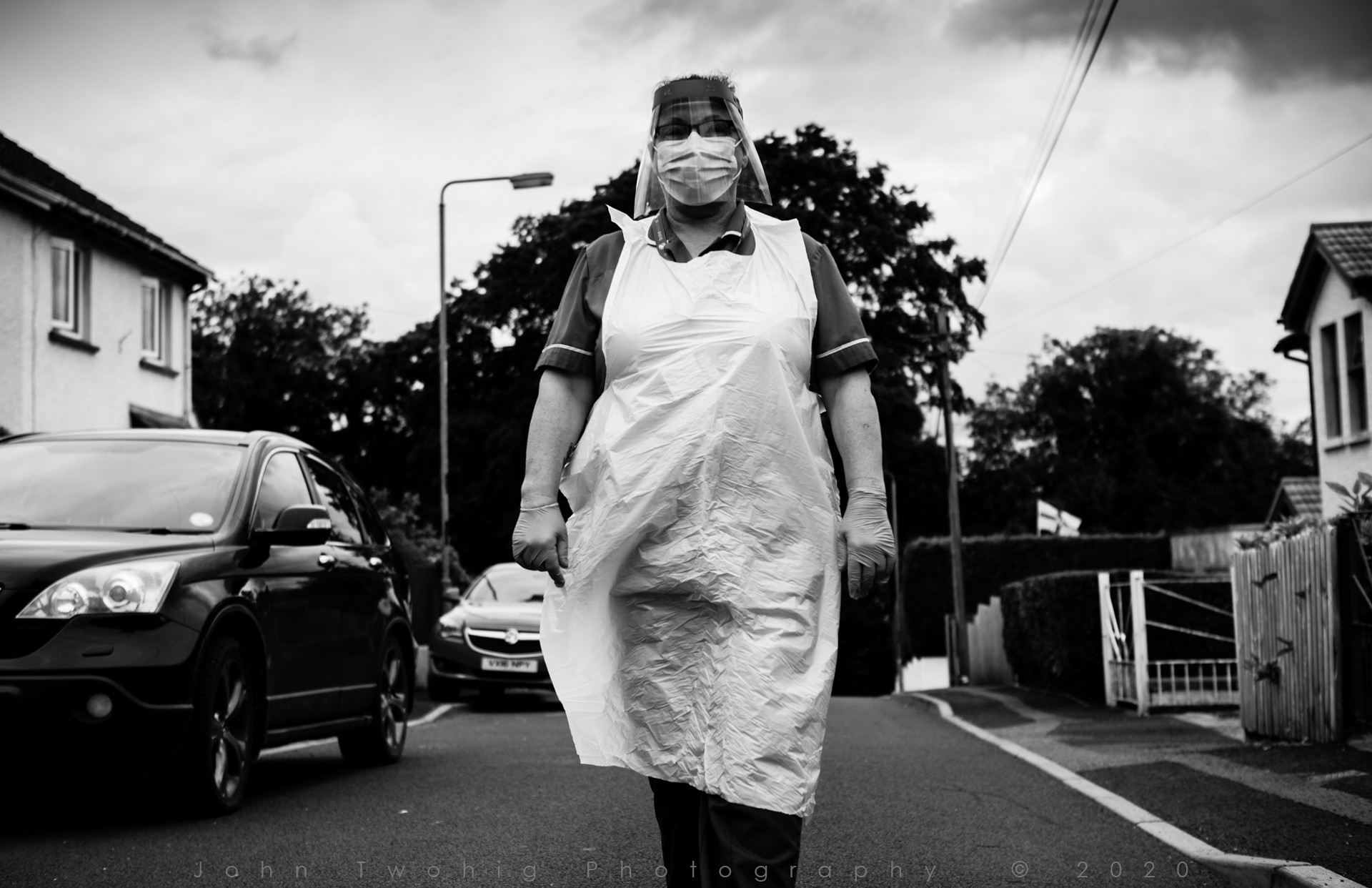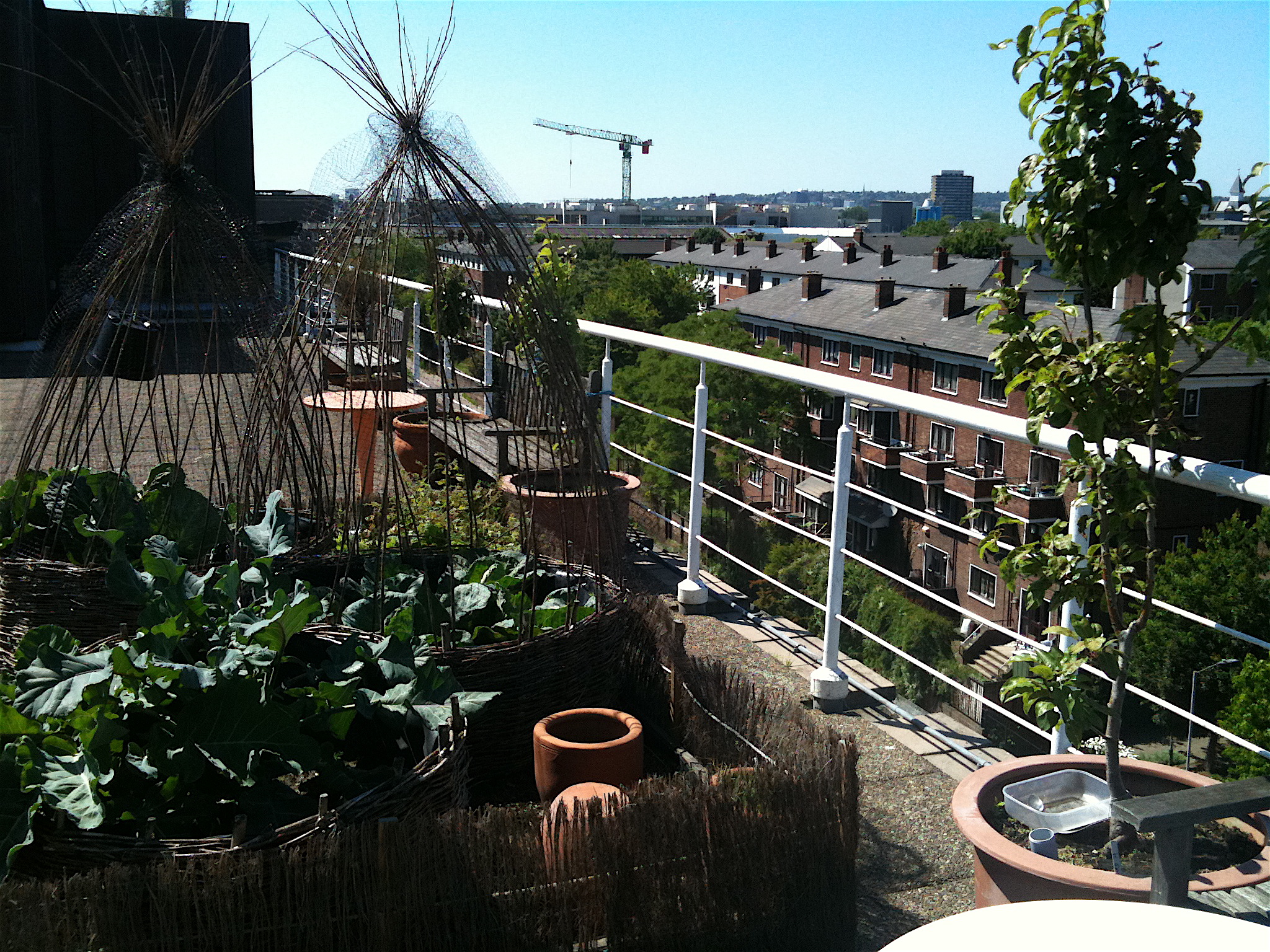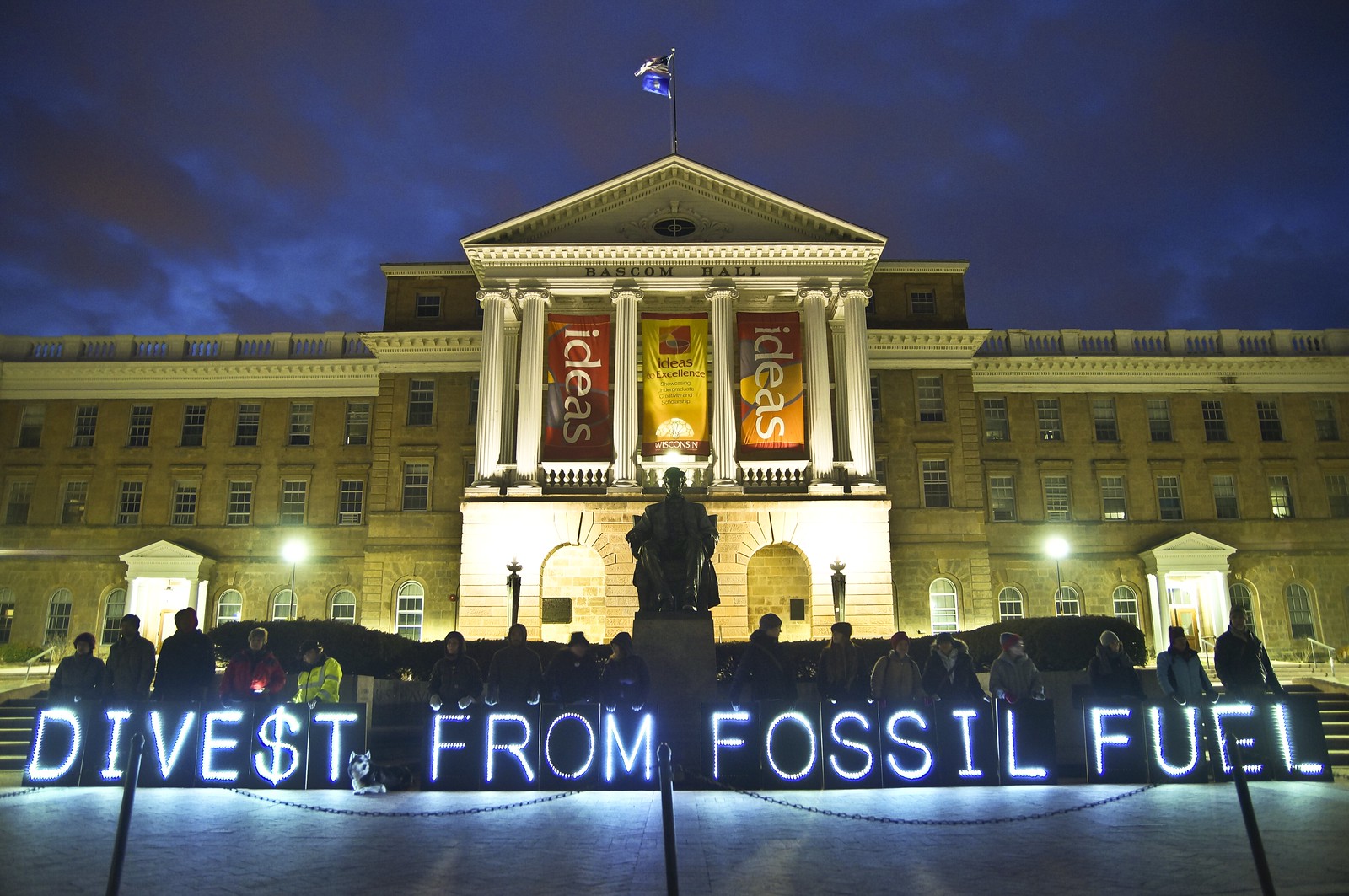The pandemic years were the pivot for a rapid shift bringing a better new world into being. Andrew Simms travels through time in a special feature for New Internationalist magazine’s 50th anniversary special edition.
Asked to review what he called a ‘country book’, the late, great green socialist Raymond Williams spotted a problem. Looking back some 50 years, the book’s author lamented the recent loss of the once eternal rural idyll. But Williams, being a well-read literary critic, knew that if you went back 50 years to those supposedly halcyon days, there were people writing then about a lost golden age they’d known 50 years earlier still. More than that, he traced a pattern over centuries: of writers bewail- ing that things were better in some earlier time, ‘back then’. ‘Is it anything more,’ he asked, ‘than a well-known habit of using the past, the “good old days”, as a stick to beat the present?’
Remembering, then, that paths are made by walking – and not by looking in the rear-view mirror – on New Internationalist’s 50th anniversary, is it possible instead to imagine that the best times could lie ahead? Does that fly in the face of visible chaos and collapse all around, or is there evidence for hope? For that we can look to the present, recent and deeper past to find out. After all, the future will grow from the present, and as the novel- ist William Faulkner wrote: ‘The past is never dead. It’s not even past.’ What if, 50 years from now, instead of looking back and yearning for how things were in 2023, we find ourselves in a more equal, tolerant, and just society living more harmoniously with the rest of life on earth?

If that sounds laughably optimistic, look down at some of the green shoots of just such a future germinating even in today’s hostile environment. Science or ‘speculative’ fiction is often, after all, not wild fantasy, but an exercise in placing the present in the future to lay bare more clearly what is already happening, but is yet to be seen or fully recognized. I believe something happened during the traumatic upheaval caused by Covid-19 that hints at transformatory possibilities for rapid social and ecological transition. Not just individual behaviour but whole systems revealed themselves as capable of unprecedented shifts.‘The poor are always with us’, ‘Homelessness will never go away’ – such folk notions can be used to excuse society’s failures by making specific political outcomes seem as historically inevitable as geology.
Yet, in the case of one of the most apparently intractable challenges, homelessness, for a brief moment during the coronavirus pandemic – due to a sense of extreme urgency, concern over public health and consensus for action – it was virtually ended overnight in several places. Far from being an ‘unfortunate fact of life’, the impossible became possible. In Brussels, Belgium, local authorities found 700 places in 11 hotels to provide shelter. In France hotels and guest houses were requisitioned, with 170 opened in Paris alone in the first week of the crisis. Even in the UK, with its weakly regulated housing market and poor record on evictions, a temporary ‘Everyone In’ initiative was launched during lockdown, and street homelessness was almost ended overnight. An official, public promise was made to house the homeless within two days. The homelessness campaign group Crisis called it ‘extraordinary’ after decades of prevarication. When pandemic restrictions eased, a return to ‘normal’ brought homeless people back on the streets.
But looking back from 2073 in our alternate history of the next half century, instead of backtracking, this is the moment we realized homelessness could be ended for good and a mix of rent controls, social housing building pro- grammes, rules against property speculation and the growth of community land trusts broke the grip of an economic system based on the wealthy few extracting rent from the many. And the awareness that genuinely different futures were possible didn’t stop there. Several cats were out of their bags.
Breaking the spell
It wasn’t obvious at first, but looking back it was the moment when consumerism’s decades-long corrosive spell was broken. Lots of small changes were triggered, creating a domino effect and a desire to live differently. The chains of a debt-fuelled ‘work and spend’ cycle began to loosen for millions. In the pressure of the moment, examples of what was possible and necessary spread quickly and internationally. That made it harder for reluctant governments to argue that change to meet needs wasn’t possible.Thanks to lockdowns, work changed immediately. Nine-to-five office life ended overnight. And although it took some adapting to, many were happy to see it go. Those who could worked from home and found freedom from commuting saved a lot of time, money and – with cars left in garages – carbon pollution. Something different happened to those who couldn’t, like nurses and carers, public transport and shop staff – the people who kept essential services going.

The wider world woke up and swiftly found out which workers were of the most value to society, and that these were also some of the most vulnerable and worst paid.When politicians cynically exploited the genuine weekly displays of doorstep applause for health workers in the UK, and subsequently failed to deliver overdue pay rises, this fed a loss of faith in mainstream politics that saw many governments voted out and created conditions for deeper change.Strikingly too, under popular pressure, politicians who’d previously pleaded that government coffers were bare were suddenly able to pay the wages of workers who couldn’t work, from Germany’s Kurzarbeit system to the UK’s furlough scheme. The taste for both homeworking, and a shorter working week took hold. Several things happened simultaneously to make it possible for more people: changes to make housing more affordable combined with experiments to give people financial security, like the rising introduction of basic income schemes and universal basic services. Even previously hard-line institutions like the OECD saw the winds of change and produced a country tracker on the transformation in thinking.
More people with more time, spending it at home, in and around their neighbourhoods increased awareness of the importance of urban green space for health and wellbeing. Communities came together with a dramatic growth of mutual aid and other groups, which echoed the sense of mission in the early co-operative movement that sought both to make quality, affordable goods available, while equally sharing benefits, and engaging in economic and political education. The shift took root. In the United States, mutual aid groups that arose during the pandemic in a random patchwork went on to organize regionally. Meanwhile in the UK, four out of ten mutual aid groups set up to respond to the crisis carried on and broadened their local support work. As the pan- demic highlighted the inequalities in our society, anti-racism came to the fore, driven by Black Lives Matter and other organizations, but supported by new followers feeling the sense that change could really happen and that community was important again, including the community of protest.
System change
In academic and policy circles new buzzwords crept into use: things like ‘quarantine of consumption’, ‘habit discontinuity event’, ‘post-traumatic growth’ and ‘behavioural spill-over effect’. Technical sounding for sure, but they described real changes in households and high streets.With all but essential shops closed, and people briefly encouraged to ‘buy only what you need’ (surely good advice in ordinary times) and with time on their hands, a great reskilling began. Mending things around the home, from furniture to clothes, instead of throwing them away, cooking from scratch from fresher ingredients, the spell of passive consumerism was broken.
At the same time, learning from cities like São Paulo in Brazil and Chennai in India, more places started removing advertising and its pressure to consume from public spaces where it began to be seen as a ‘non-consensual’ imposition. Whole cultures began shifting in a direction that was less wasteful and brought higher well-being. No longer just places to shop but where you go to do things and access vital services, empty spaces left on high streets by a downturn in the orthodox economy were filled with mutual aid, climate emergency and migrant welcome centres. Share sheds gave low-cost access to household and garden items. Bike hubs started making active travel possible. Home energy retrofit advice points, shop fronts for local micro producers and makers, arts exchanges – the changes breathed vitality back into high streets failed by market economics which became, once again, places where community and public life thrived. Visions long held by networks like the international Transition Town movement, and Buen Vivir in Latin America took physical form. It was system and behaviour change happening simultaneously and a new public, localized and mutual financial system emerged to support it.

Towns and cities were further transformed by demand for urban farming that brought communities and food closer together while plant-based diets received a boost. The realization emerged that it was possible, rapidly, to design out private cars from centres and give space back to people, local businesses, and for healthier ways of moving around. Local authorities learned from cities like Medellín to Milan about creating more people and planet friendly places to live, and how to do it quickly.It wasn’t only the replacement of polluting private cars by walking, cycling and clean affordable public transport. Flying – the fastest way to fry the planet and done overwhelmingly by a global, wealthy minority – stopped, all but for a few essential purposes. Businesses were happy, discovering that a shift to online meetings saved them huge amounts of time and money. Skies were less scarred by contrails and communities near airports found greater peace. For holidays, people turned to slower, less stressful ways of travelling and took breaks nearer to home discovering new places to explore. The ‘staycation’ came to stay. In the home, the shock of the pan- demic and lockdowns accelerated other changes that were already happening but little noticed.
From the days of ‘haul’ videos on YouTube glorifying materialism, a backlash grew among young people turning against consumerism and making ‘unhaul’ videos in which they explained why there weren’t buying a load of new ‘stuff’. It was visible in a growing number of ‘makerspaces’ in Africa promoting a ‘do it yourself’ culture, and pioneering initiatives around the idea that people have more agency as producers as well as consumers – dubbed ‘prosumers’. It was seen in the rejection of fast fashion by a small but growing number of Chinese youth. The world also learned how to tackle waste from the example of Taiwan, once referred to as ‘garbage island’, which became a world leader in waste reduction and recycling.
The inadvertent gift
Each change reinforced another that reduced humanity’s impact on nature, shared the economy’s benefits more equally through increased agency and empowerment, and focused on activities that were known to improve human wellbeing. On the global stage financial markets finally took fright and whisked their money out of fossil fuel companies. Renewable energy had continued its meteoric rise, growing continually cheaper. The fear that oil assets could suddenly become worthless due to a combination of climate policy and the high costs of extraction tipped the balance against the old energy incumbents. The change created the political space for a Fossil Fuel Non-Proliferation Treaty to be negotiated: to keep coal, oil and gas in the ground while compensating producers in the Global South.

During lockdown’s ‘quarantine of consumption’ the serotonin high of shopping was replaced by other deeper, more lasting and satisfying pleasures. Communal art and gardening projects took off, people picked up musical instruments, rediscovered reading and wrote poetry. Top-down, celebrity-driven commercial entertainment was edged aside as older traditions of self-entertainment in music, art and poetry that had once thrived in rural and industrial working-class communities re-emerged. Creativity replaced consumerism in many ways. Unsurprisingly, that great upheaval led to pandemic epiphanies with people asking deeper questions about work and the mainstream economy. Neoliberalism – the extreme form of selfish, competitive, unregulated market economics – had long been seen as failed and past its sell-by date, widely referred to as ‘zombie economics’, a dead idea still walking. But to put it in its grave required people to be able to see how things could be different. That was the inadvertent gift of the trauma of Covid-19.
A light shines
Perhaps the greatest revelation was that, far from rapid transition being impossible, whole societies, their ways of working, their towns, businesses and economies were remarkably adaptable. They could switch overnight to giving public health priority over private profit. Disaster movies often show people behaving appallingly in emergencies, looting and fighting. But reality widely revealed human nature to be much kinder, compassionate and concerned to care for each other. This, more than anything, laid the foundations for lasting change. Seeing things being different allowed people to believe in even greater possibilities for change. The author Rebecca Solnit captured it when reporting on community self-help initiatives at the time: ‘I believe the generosity and solidarity in action in the present moment offers a foreshadowing of what is possible – and necessary. The basic generosity and empathy of most ordinary people should be regarded as a treasure, a light and an energy source that can drive a better society, if it is recognized and encouraged.’That greater solidarity wasn’t just localized to neighbourhoods – it became international.
One lesson of the pandemic was that we are all part of nature, and nature does not recognize human borders. This was something that we should have learned from global heating, but instead we learned it from a virus. The initial response of wealthy governments who promised and failed to deliver a worldwide vaccine programme was punished by the return of lethal variants. A new realism about how to address crises that ignored borders emerged, touching everything from climate to pandemics and migration, where new taxes on large-scale, volatile cross-border financial transactions (so-called ‘Robin Hood taxes’) proved a poetically neat way to generate resources to help people crossing borders.These changes worked in tandem with other changes that allowed a more just, effective and sustainable relationship to grow between global North and South. A fall in overconsumption by the wealthy, and boosts in production for meeting local needs saw a long-term shift in unjust international trade relations with nations in the South keeping more of the benefits of their own economic activity. It also reduced the environmental pressure of trade.
The year is now 2073. A vibrant, caring localism prevails alongside a progressive, new internationalism. It’s a world in which people really do have more control over their own lives. Experiments in daily local democracy, citizen’s assemblies and sortition have revived civic engagement. We lead more balanced lives, with basic material security ensured and a greater sense of well-being. Caring professions, whether caring for people or nature, share the highest status.
Looking back to the ravaged uncertain times of the 2020s, from a world in which humanity now lives within its planetary boundaries allowing all its people and nature to thrive, it’s easy to see why nobody knew civilization had turned a corner, but that is exactly what had happened. A sentence by Raymond Williams became almost a mantra, even if people didn’t know its origins: ‘To be truly radical is to make hope possible rather than despair convincing.’
